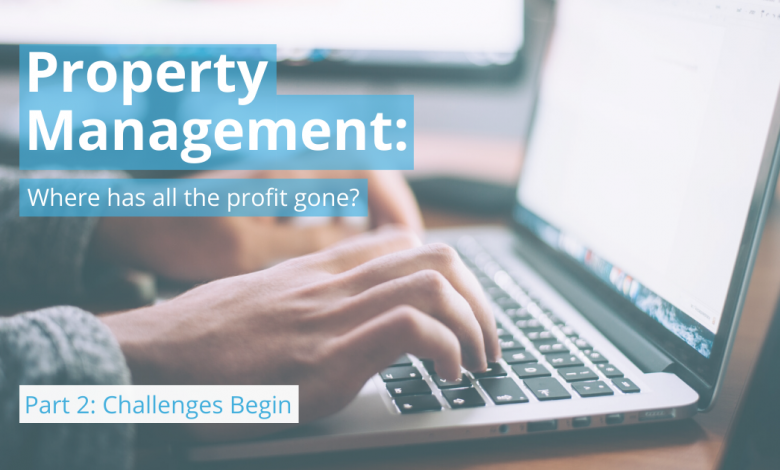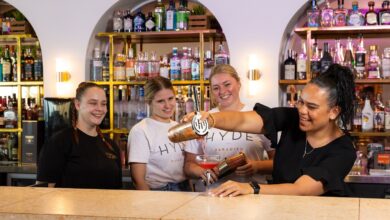
Property Management: Where has all the profit gone?
Part 2: Challenges begin
In part one of this series, we left you with the blissful image of “the good old days” in property management. We painted a picture of how things used to be, when property owners and managers got exactly what they signed up for – a profitable investment and a great work/life balance.
However, in the mid 90s the internet was introduced to the masses, and no one could possibly comprehend the effect that it would have on the accommodation industry.
Along with the introduction of the internet came the rise of the OTAs (online travel agents), allowing bookers to readily compare pricing from brochures with those visible online. This shed a new light on how things were traditionally done, allowed more freedom and convenience to shop for the best options and inevitably led to consumers slowly changing the way they booked accommodation.
At first, this shift in the industry only seemed to have a negative effect on the wholesalers who had built their successful brick and mortar businesses around the constant demand from consumers.
Because these wholesalers typically had strict conditions around pricing, plus higher commissions and fees, managers started to move away from their reliance on them. There was also the fear that rooms would be left unsold now that more consumers were shopping online.
All seemed well and good for property owners and managers, as they found they were saving money by selling rooms themselves, and in many cases made more money as they paid less commissions selling online.
Unfortunately, they neglected to consider the lifetime of networking and marketing experience the wholesalers and traditional travel agents had, which they had given up by making the switch to sell online.
Property owners and managers were slowly realising that even though they were making a bit more money and had more flexibility with pricing, selling their rooms themselves online took more time out of their schedule, thus affecting the work/life balance that initially made the industry so appealing.
For example, instead of enjoying a nice cup of coffee, price watching became the first thing the business owners did each morning, with their own prices often being moderated up or down depending on what their “competitors” were selling at.
As time went by, wholesalers were slowly losing their control over the industry, and it seemed perhaps no one really understood the value in utilising industry professionals who knew the scope of the market and how to sell at the right price.
Essentially, all the marketing expertise that properties originally relied on had gone out the window, and the stress to get enough “bums in beds” started to set in.
The industry was changing quickly, and people were adjusting their lifestyles and business practices in order to acclimate. Unfortunately, even though property owners and managers were trying their best to roll with the punches, no one had considered the large number of challenges that were building up beneath the surface. This was an entirely new flavour of pie placed in the window, and as the sweet aroma had begun to fill the air, everyone throughout the industry wanted a piece for themselves.
The traditional lifestyle which brought a handsome profit and work/life balance was disintegrating fast, and a new and more challenging way of life was inevitably on the horizon.
Stay tuned next month for the third part in this four-part blog series as we approach the “tipping point” in the evolution of the industry, and find out exactly what sequence of events lead to the sense of dwindling profits for property owners and managers.







